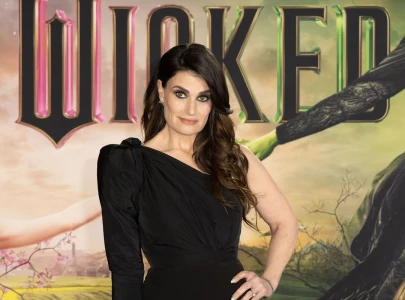
Genre: Non-Fiction
Author: Dave Cullen
Publisher: Twelve
Excerpt
All two thousand students would return safely on Monday morning, after the prom. But the following afternoon, Tuesday, April 20, 1999, twenty-four of Mr. D's kids and faculty members would be loaded into ambulances and rushed to hospitals. Thirteen bodies would remain in the building and two more on the grounds. It would be the worst school shooting in American history – a characterisation that would have appalled the boys just then finalizing their plans.
In April 1999, two students opened fire at their high school in Colorado, taking the lives of 13 people and injuring 24 others, before shooting themselves. The Columbine High School shooting subsequently received widespread media coverage and has since then been the subject of a number of books, including Columbine, the result of a decade of research by journalist Dave Cullen, that covers everything from the shooters’ planning of the event to its execution and aftermath.
Published in April 2009, the award-winning non-fiction book provides an in-depth look at the shooters, Eric Harris and Dylan Klebold, their actions prior to and during the massacre and the efforts of the survivors to cope with the aftermath. The writer has used a number of sources including the shooter’s journals and video, conversations with friends and family members, police records, and eyewitnesses’ accounts, to piece together and makes sense of the tragedy.
Cullen reveals that the massacre had actually been intended as a bombing but the explosive devices never went off. Eric Harris is believed to have been a psychopath and Dylan Klebold, a depressive. Contrary to what was reported, the shooters had not been bullied and did not have any association with the Trench Coat Mafia. By pointing out the disparities between what was presented through the media coverage and what really happened, Columbine also illustrates how fallacies can take over an event and create a misleading image.
However, the book risks leaving you so convinced that what we read and heard about the event isn’t necessarily true, that it might even make you doubt Cullen’s version of the narrative, particularly at the points where elements of speculation seep through. Added to this is the fact that opposing views have been expressed by various writers and people – most visibly by Randy Brown and his son Brooks Brown who personally knew the shooters.
Not only is Columbine gripping (albeit at times understandably hard to read), but it also paints a vivid picture of the shocking tragedy and how the events unfolded. It is a must read, especially for those who would like a valid opinion on what happened and why.
Published in The Express Tribune, January 16th, 2011.

















COMMENTS (7)
Comments are moderated and generally will be posted if they are on-topic and not abusive.
For more information, please see our Comments FAQ